The inaugural Carbon Neutrality and Energy System Transformation (CNEST) Frontiers Seminar was successfully hosted at Tsinghua University’s Institute for Carbon Neutrality on April 29. The event featured keynote speeches by Dr. Steven P. Hamburg, Chief Scientist and Senior Vice President of the Environmental Defense Fund (EDF), and Dr. Lin Jiang, Nat Simons Chair in China Energy Policy at Lawrence Berkeley National Laboratory. The seminar was chaired by Professor Lu Xi, Assistant Dean of the Institute, with attendees including researchers from the National Climate Center and EDF.
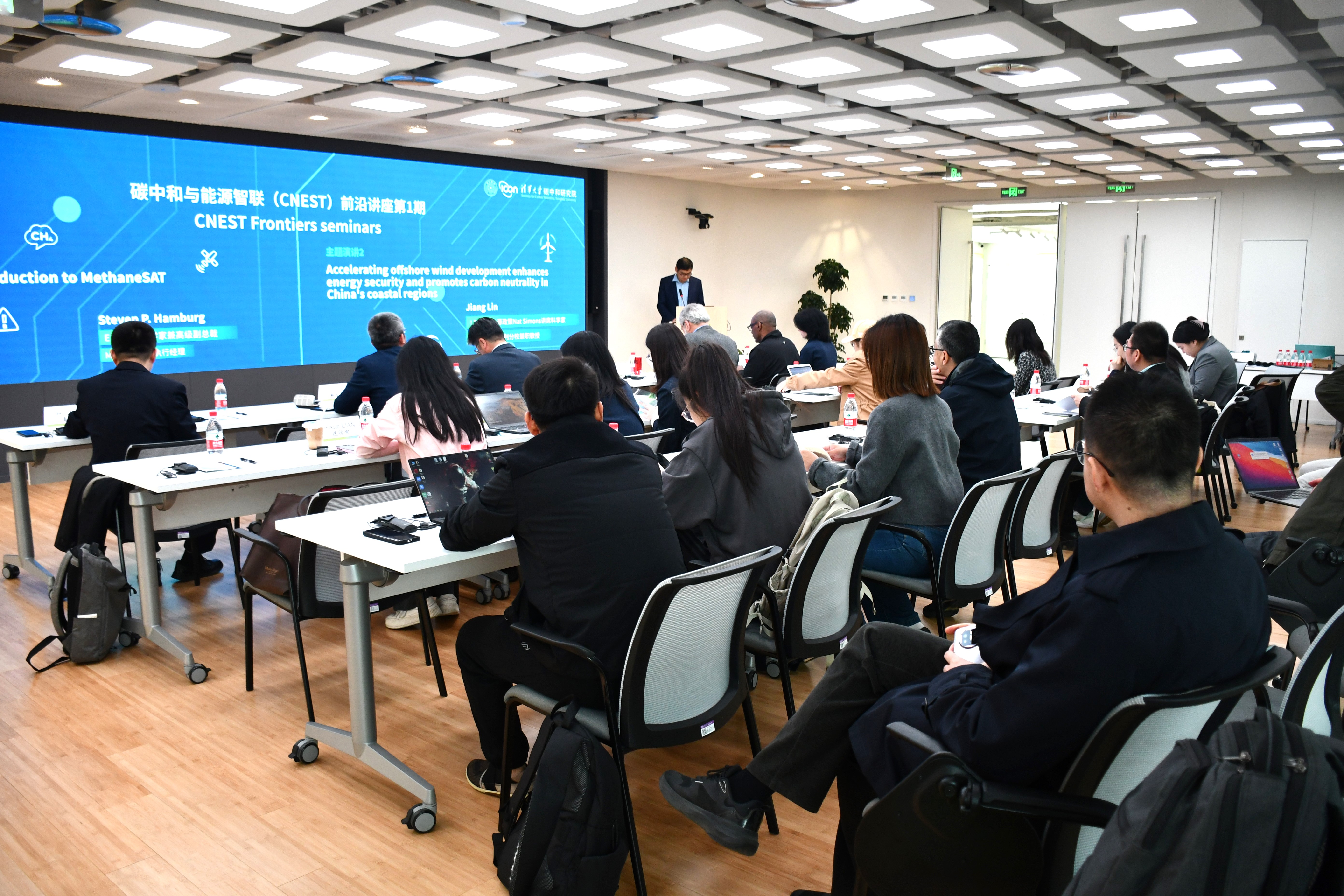
Dr. Hamburg introduced EDF’s global methane monitoring satellite project, MethaneSAT. He highlighted that methane accounts for 30% of global warming and emphasized the need for accurate regional monitoring. MethaneSAT aims to provide high-resolution, continuous data covering large areas, capable of monitoring 30 targets daily—each spanning 200 km²—to track emissions from 80% of global oil and gas production. The satellite, launched via SpaceX’s Falcon 9, is fully funded by philanthropic contributions. EDF also operates the MethaneAIR aircraft monitoring project and hopes to collaborate with China on data analysis and research.
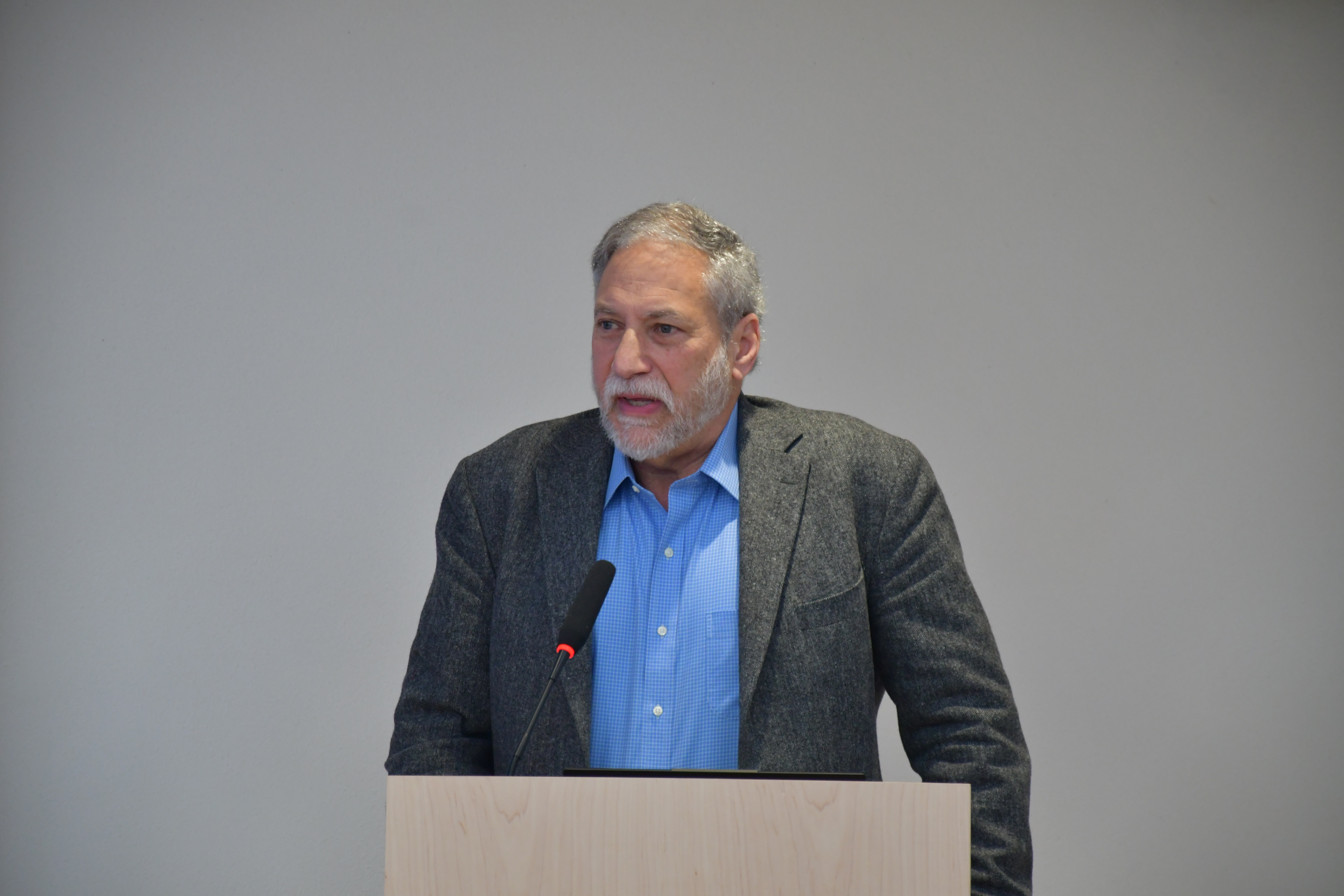
Dr. Lin Jiang shared his latest research on the socio-economic impacts of offshore wind power in China. He pointed to growing momentum driven by energy demand in coastal provinces and declining costs. Using a developed assessment model that incorporates factors like carbon limits and electricity demand, he projected that under a high-development scenario, offshore wind capacity could reach 1,000 GW by 2050, increasing total system costs by only 1%. This shift could transform coastal regions from electricity importers to exporters, significantly influencing future grid planning.
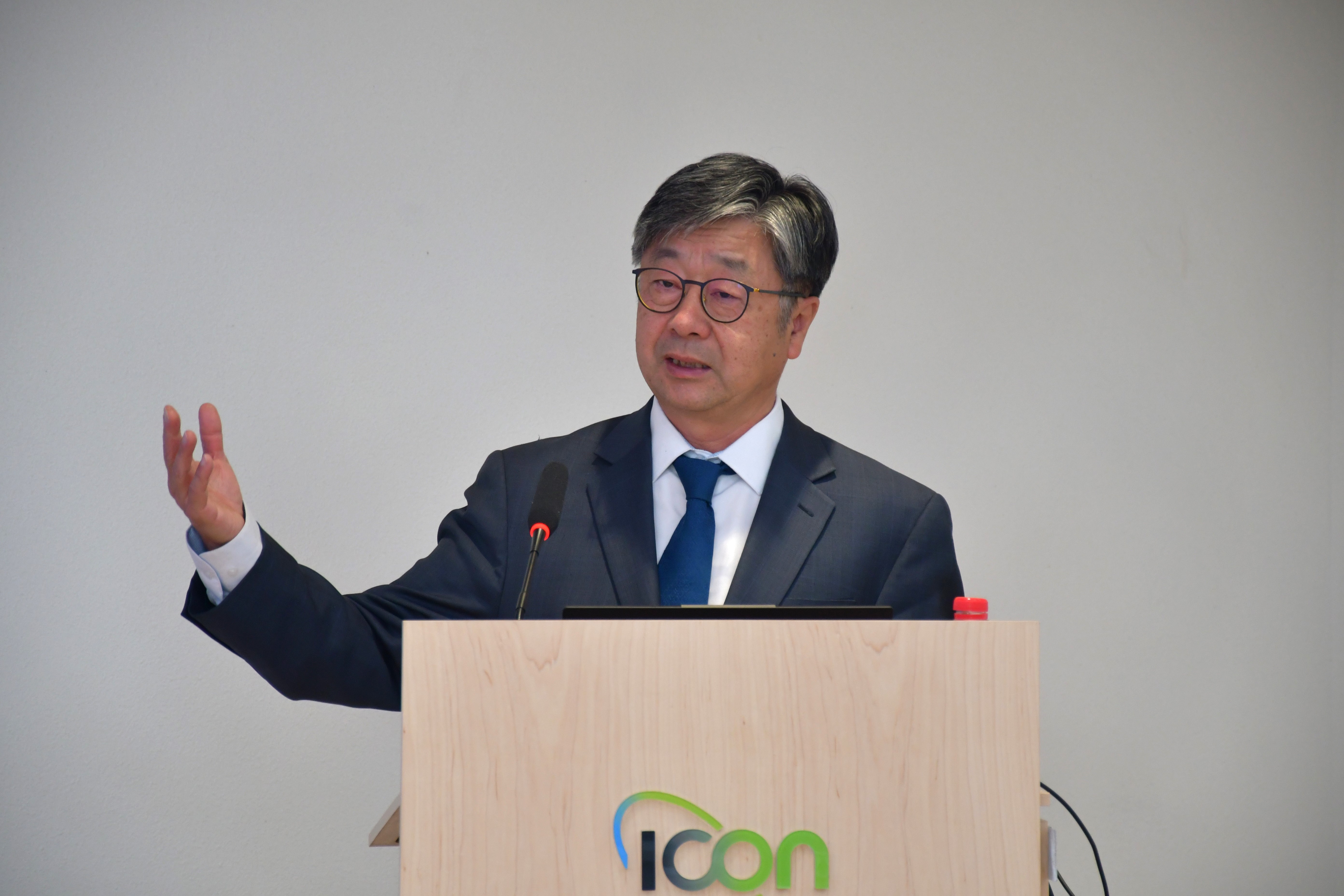
Following the presentations, Professor Lu Xi presented commemorative plaques to both speakers. The event concluded with an interactive Q&A session with the audience.
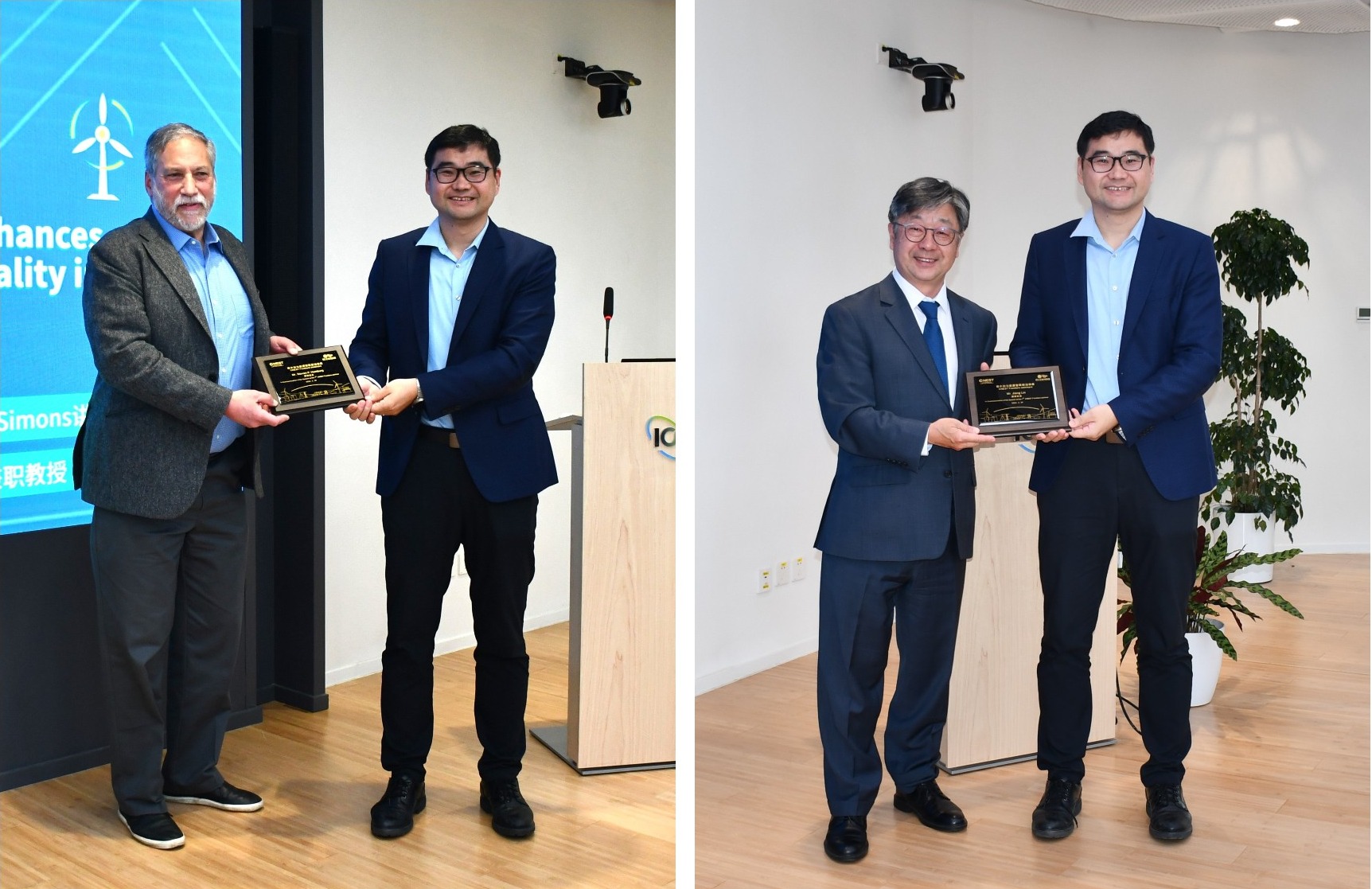
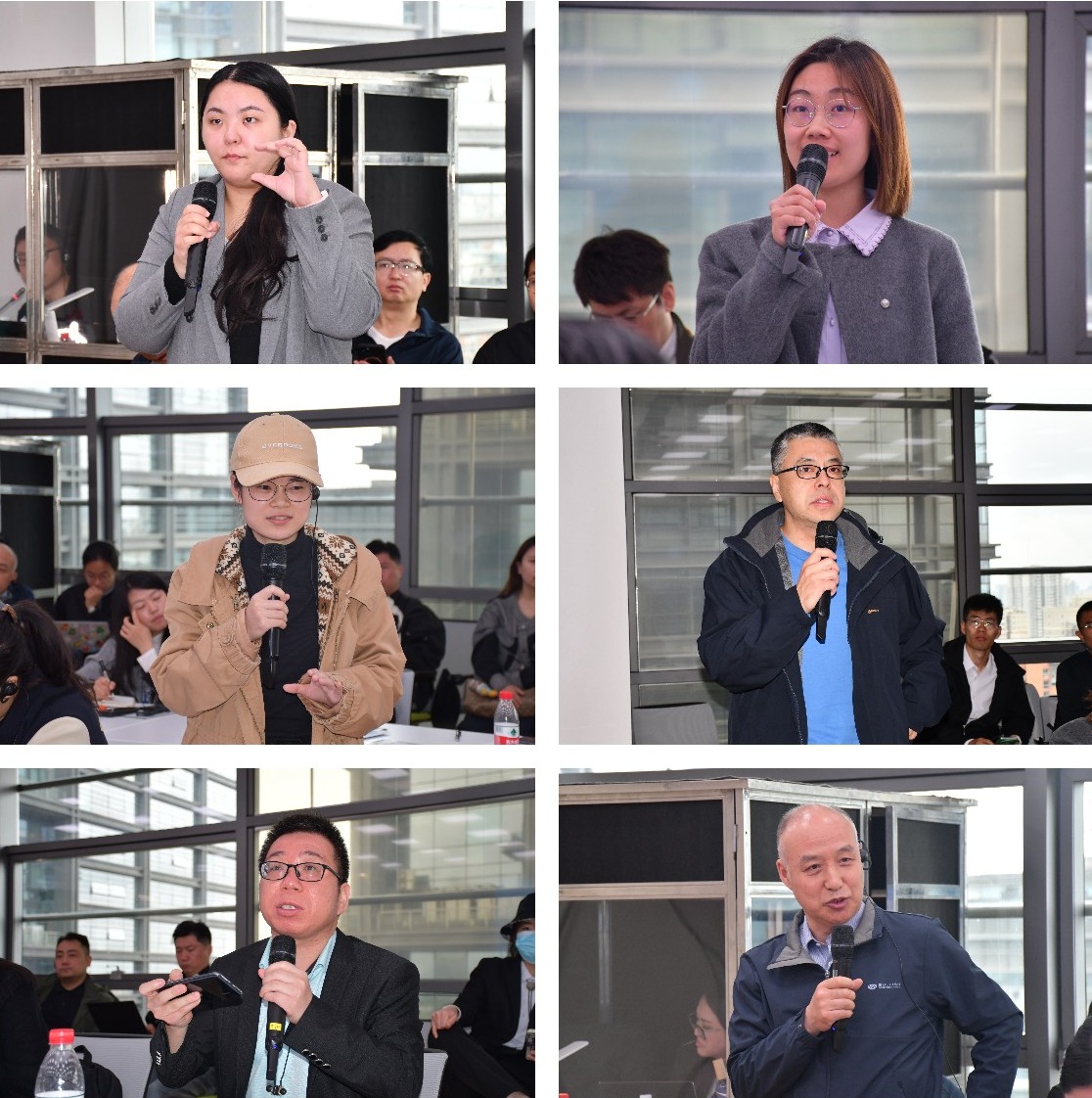
The CNEST Frontiers Seminar Series is organized by the CNEST Multilateral Cooperation Program and the World Carbon Neutrality Society (preparatory), and hosted by Tsinghua’s Institute for Carbon Neutrality. It aims to regularly invite leading global experts to share cutting-edge insights on technology, industry, and policy related to carbon neutrality and energy system transformation.
 Latest recommendations
Latest recommendations


